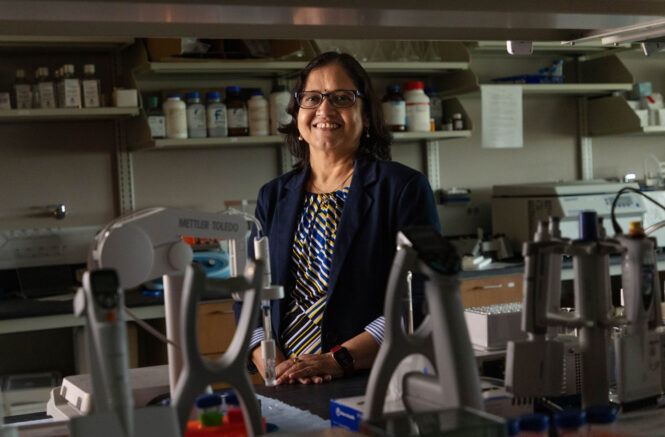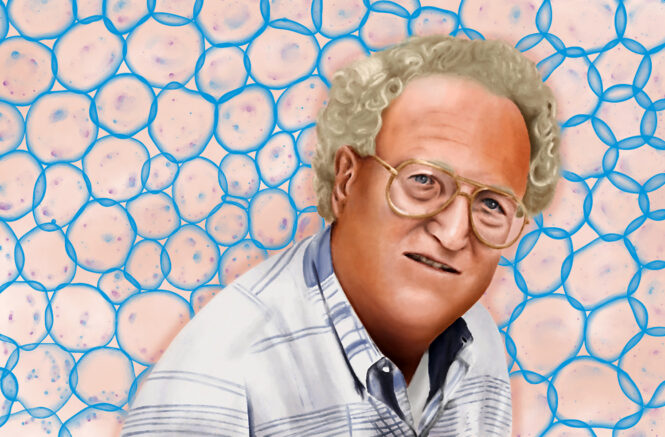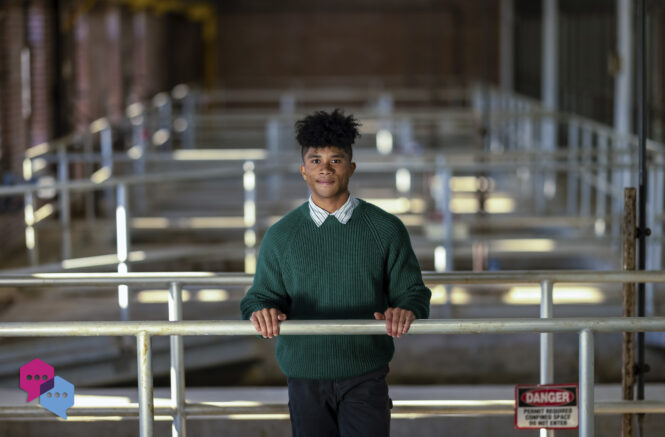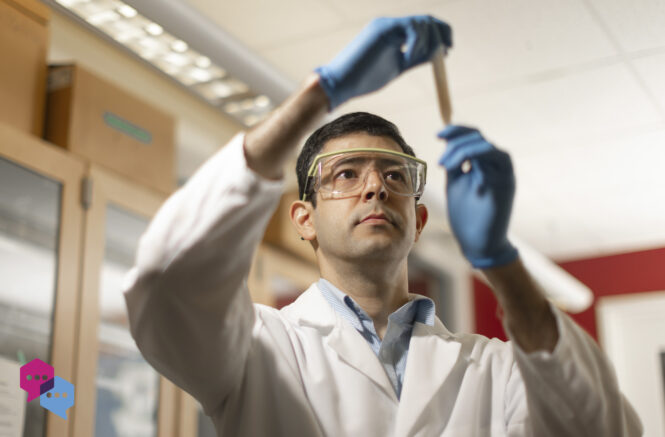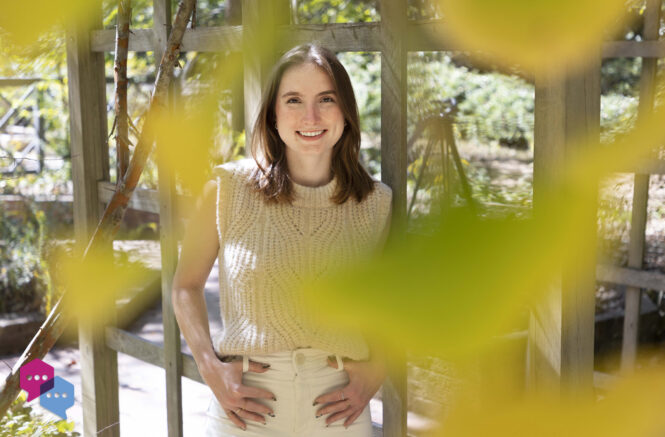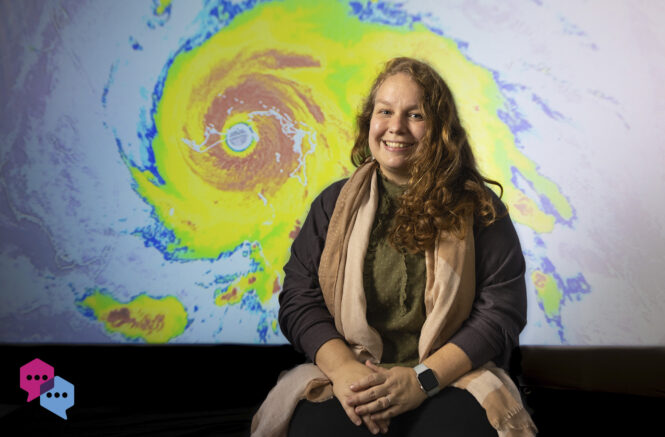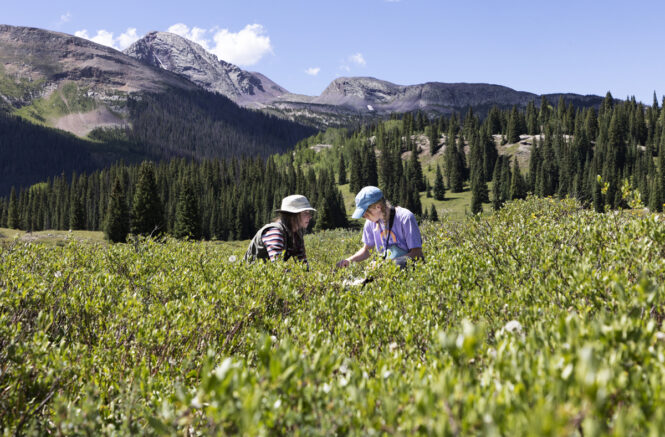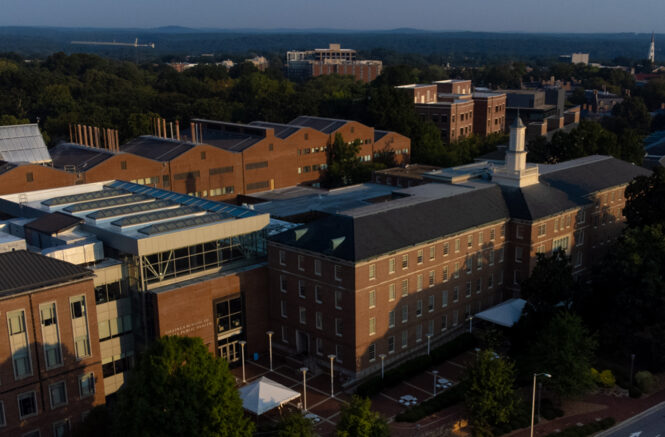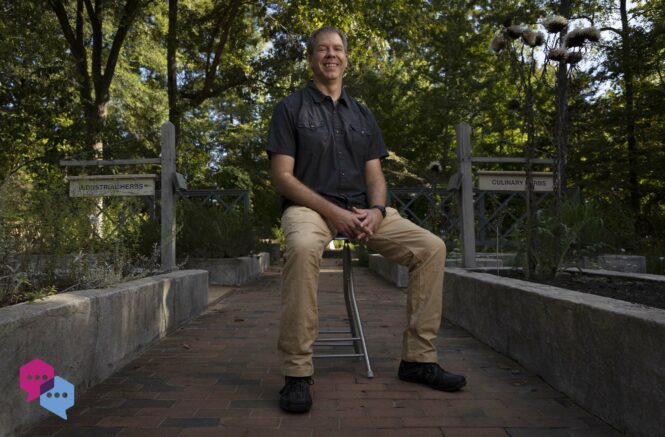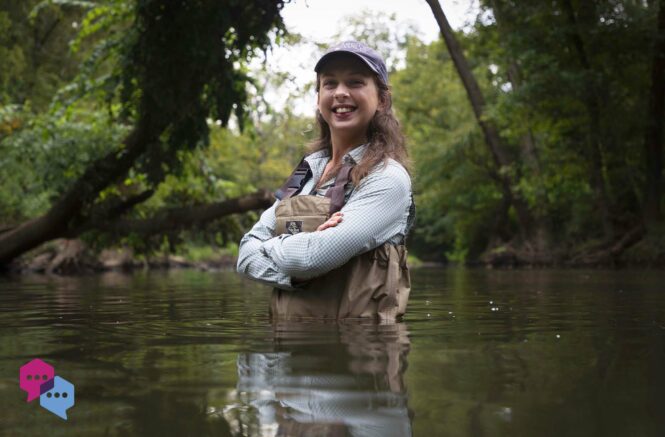The Optimistic Nutritionist
Saroja Voruganti uses genetics to improve people’s nutrition — and she’s helping the next generation of scientists do the same.
The Community Scientist
In his 40 years at UNC-Chapel Hill, the late Ken Jacobson transformed the world of microscopy — and helped countless students and peers along the way.
RUNC: Christian Chung
Christian Chung researches how to remove “forever chemicals” from drinking water.
RUNC: Orlando Coronell
Orlando Coronell wants to make clean water and clean energy accessible for everyone.
RUNC: Margot Midkiff
Margot Midkiff strives to help communities hit by natural disasters.
RUNC: Caela O’Connell
Caela O’Connell studies how people relate to social and environmental problems.
Burdens of Paradise
A broad study looking at food and water insecurity in the Galápagos brings together a team of researchers to focus on an often-overlooked population.
Crouching Researcher, Hidden Sparrow
Four students spent their summer in Colorado stalking Lincoln’s sparrows in search of answers to fundamental biological questions.
Championing Public Health
The UNC Gillings School of Global Public Health has been addressing the world’s biggest challenges for more than 80 years.
RUNC: Mike Kunz
Mike Kunz unpacks the intricacies of rare plant species for conservation.
21 Days at Sea
Junior Stephanie Caddell shares how three weeks on a research vessel in the middle of the Atlantic Ocean changed her life.
RUNC: Julianne Davis
Julianne Davis studies how water, sediment, and the landscape influence one another.



